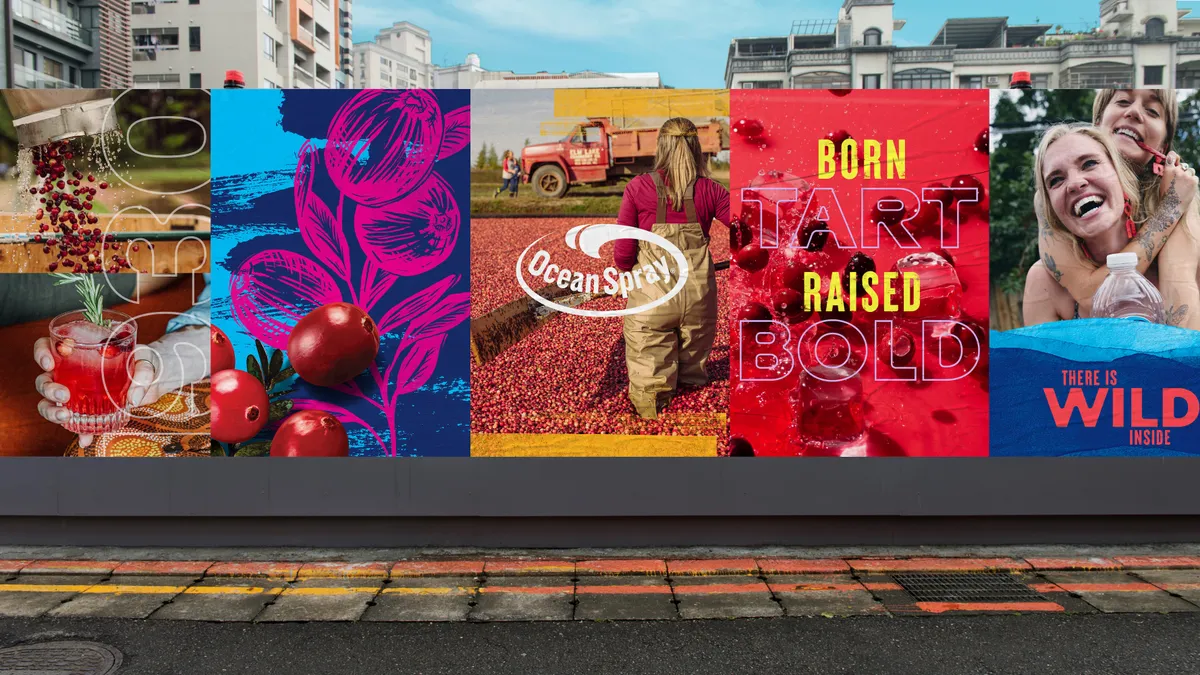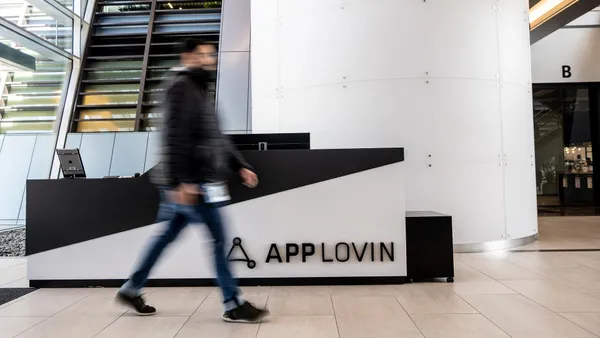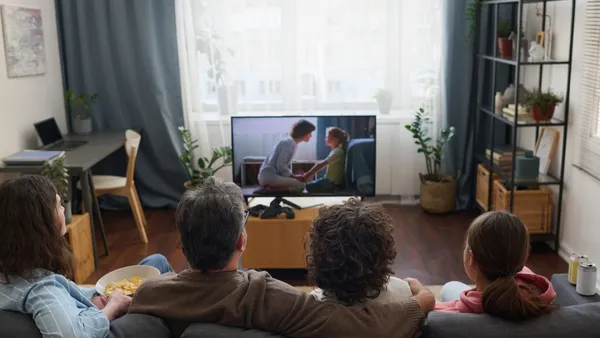Dive Brief:
- Almost half (48%) of consumers have left a brand's website and purchased somewhere else this year due to a poorly-curated experience — an increase over the 40% of consumers who did the same last year, according to Accenture's 2018 Personalization Pulse Check report.
- Accenture found that 73% of consumers said no retailer or brand has communicated with them in a way that felt "too personal," and consumers are generally willing to share their data with brands. Among the 27% who did feel experiences overstepped their bounds, 64% were uncomfortable because they didn't willingly provide the data used.
- Consumers feel that using their location to offer personalized deals was the most invasive approach, with 41% stating it's creepy to get a text from a brand or retailer when they walk by a physical store and 45% thinking the same about getting a mobile notification after the fact. Seeing social media ads for items they've browsed online was creepy to 35%. Forty-five percent of consumers appreciate it when brands apologize via email after poor experiences, and 41% appreciate an apology message on the brand's website.
Dive Insight:
Research continues to emphasize how much consumers value personalization and how marketers who struggle to deliver the right kinds of experiences are losing out. Ninety-one percent of consumers are more likely to shop with brands that remember to send them relevant offers and recommendations, Accenture found.
The latest report is centered on what the consultancy views as a growing disconnect between consumers' expectations and the reality of what they encounter online. "Burden of choice," or how to serve everyone without being annoying or overwhelming, continues to be one of the major challenges for today's marketers, per Accenture.
At the same time, data privacy and security are weighing more heavily on the minds of consumers. They're still generally willing to share information with their favorite brands as long as they know what that brand is doing with the information, underscoring the importance of transparency.
These findings are in line with other recent studies. Maritz Motivation Solutions and Harvard Business School researchers recently discovered consumers were 40% more likely to click on items when told that they were recommended based on information they'd previously shared with the brand. These consumers also spent 31% more time on product pages.












